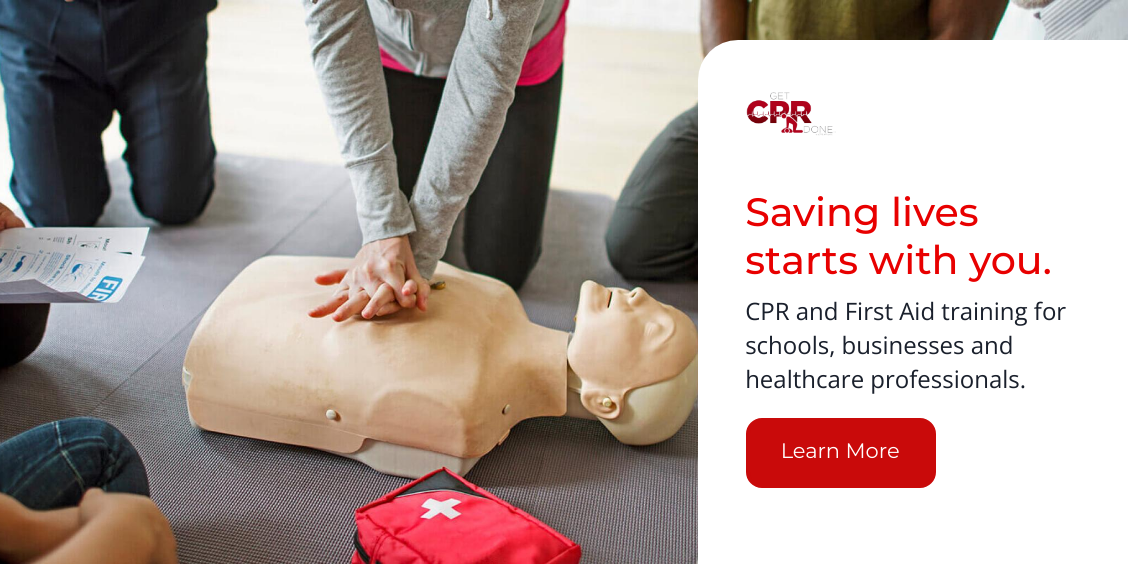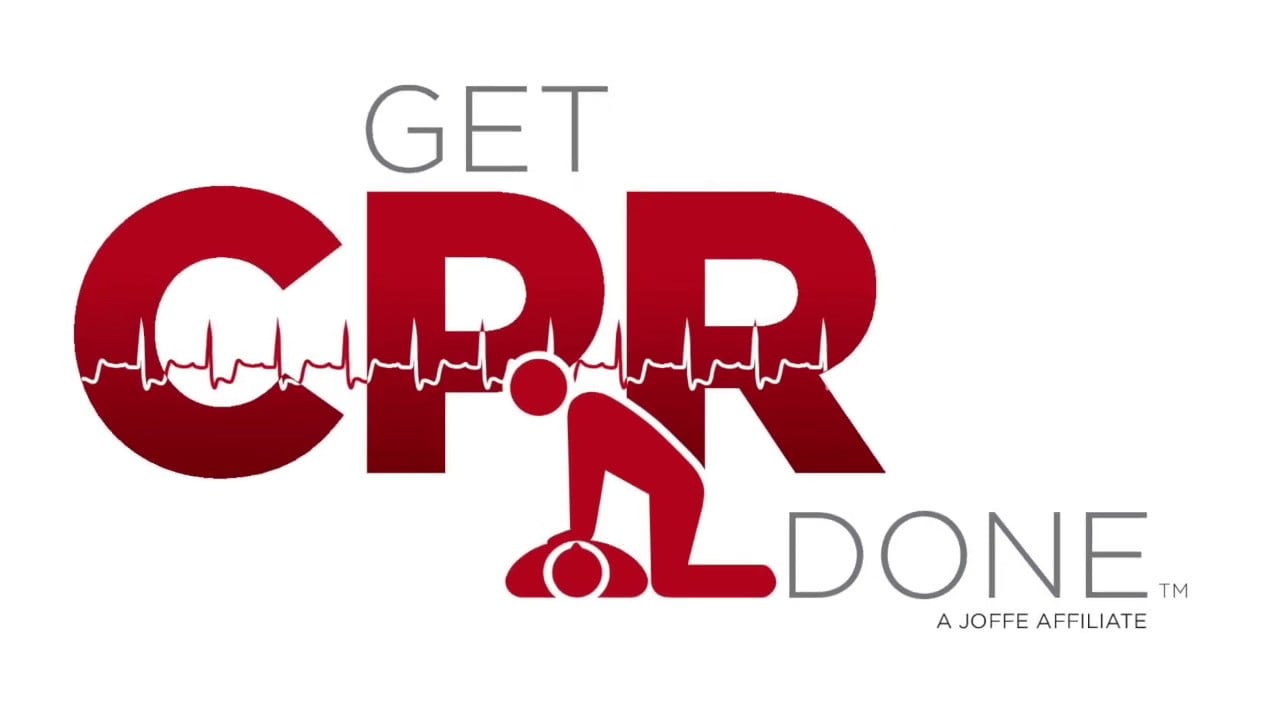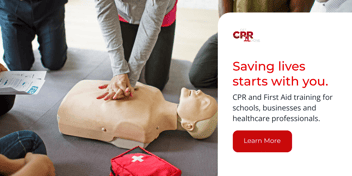
If you're looking to equip yourself or your team with life-saving skills, finding group CPR training near you is a crucial step. Cardiopulmonary resuscitation (CPR) is a valuable skill that can make a significant difference in emergency situations, such as cardiac arrest. In this blog post, we'll guide you on how to locate group CPR training in your vicinity and provide insights into the process.
Why Choose Group CPR Training?
Group CPR training offers several advantages over individual training. It fosters teamwork, ensures consistency in CPR knowledge within your group, and often comes with cost-effective options. Here's how to find the right group CPR training program for your needs:
1. Online Search
The easiest and most common way to find group CPR training near you is through an online search. Use search engines like Google and enter keywords like "group CPR training near me" or "CPR classes in [your city]." This will yield a list of training centers and providers in your area. Side note: We train throughout the country, so if you'd like to book Get CPR Done for your CPR Training, just click the link at the bottom of this page (or here for the cheat code) and schedule a call with one of our training advisors!
2. Local Hospitals and Medical Centers
Hospitals and medical centers often offer CPR training courses. Contact the nearest hospitals or healthcare facilities and inquire about their CPR training schedules and availability. They might offer both on-site and off-site training options.
3. Red Cross and Other Organizations
Organizations like the American Red Cross frequently provide CPR training courses. Visit their websites or contact local chapters to learn about upcoming group training sessions. These organizations are known for their comprehensive CPR programs.
4. Community Centers
Check with community centers, recreation centers, or even local schools and universities. They sometimes host CPR training classes that are open to the public or available for group bookings. Community-based classes can be a convenient and affordable option.
5. Referrals and Recommendations
Ask friends, family, or colleagues if they have undergone CPR training recently. Personal recommendations can lead you to trustworthy training providers. In addition, they may share their experiences, helping you choose the right program.
6. Online CPR Training
In today's digital age, online CPR training is also an option. However, it's essential to ensure that any online training program you choose is accredited and recognized. Online courses may have in-person components for hands-on practice.
Factors to Consider When Choosing Group CPR Training
Once you've identified potential training options, consider the following factors to make an informed decision:
1. Certification: Ensure that the training program provides recognized CPR certification upon completion. Common certifications include Basic Life Support (BLS) and Heartsaver CPR/AED.
2. Course Content: Review the course curriculum to ensure it covers the necessary skills and knowledge you need. This may vary depending on whether the training is for healthcare professionals or laypersons.
3. Instructor Qualifications: Instructors should be certified and experienced in CPR training. Check their credentials to ensure they are qualified to teach the course.
4. Class Size: Consider the ideal class size for your group. Smaller classes may provide more individualized attention, while larger classes can be cost-effective.
5. Location and Schedule: Choose a training location that is convenient for your group, and check the course schedule to ensure it aligns with your availability.
6. Cost: Compare the costs of different training programs and inquire about any discounts for group bookings.
7. Reviews and Testimonials: Look for online reviews or testimonials from previous participants to gauge the quality of the training program.
In conclusion, finding group CPR training near you is a vital step toward equipping yourself or your team with life-saving skills. Consider the various options available, compare their features, and choose the one that best suits your needs. Group CPR training can empower you to respond effectively in emergencies and potentially save lives.




